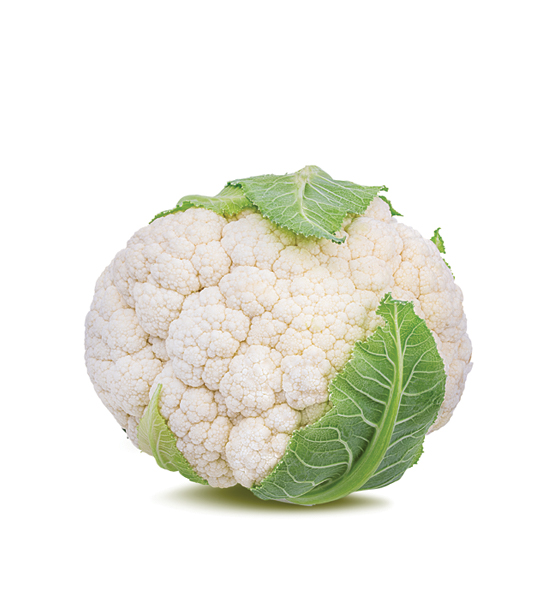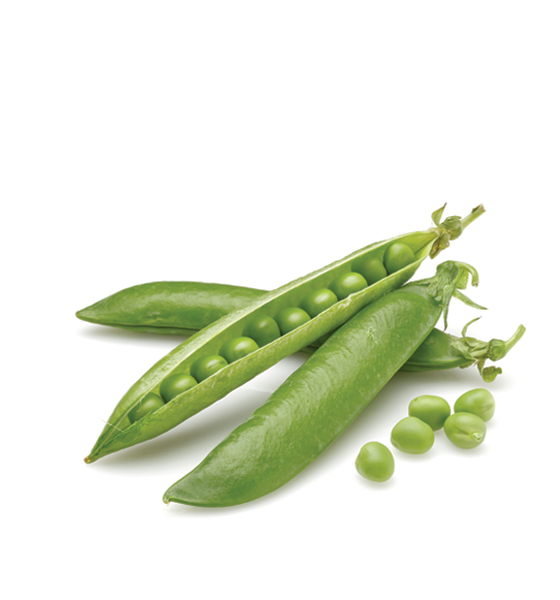CARROTS
Carrots are widely appreciated for their benefits to eye health and are enjoyed by people of all ages, though they are commonly mistaken as fruits, they are classified as vegetables in the plant kingdom. Carrots are known by various names in different regions of Anatolia, including “bal kamış,” “gelin parmağı,” and “yere batan.” They are typically consumed in salads, appetizers, savory and sweet dishes, and vegetable juice blends.
Rich in vitamins and minerals, carrots contain per 100 grams: 1 gram of protein, 0.3 grams of fat, 90 grams of water, 8 grams of carbohydrates, and 0.8 grams of cellulose. They have a calorie value of 42. Carrots are notably rich in vitamin A and also contain vitamins B1, B2, and C.
SPECIFICATIONS
Country: TURKEY
Size/Weight: Over 200 grams
Packaging Weight: 03 | 05
Description
Proven Benefits
Carrots are a good source of carotenoids, vitamins, dietary fiber, minerals, and antioxidants. With increasing health awareness, carrots have become more popular due to their rich nutrient content and health benefits. Orange carrots, which owe their color to α- and β-carotene pigments, are richer in these compounds compared to other varieties. These carrots are particularly rich in vitamin A, essential for eye health, cell development, and immune system support through protection of the skin, lungs, and intestines. α- and β-carotenes also act as antioxidants, playing a significant role in fighting heart diseases and capturing free radicals in the body.
The phytochemicals in carrots have been found to have preventive effects against various diseases such as eye diseases, heart diseases, and different types of cancers. As a fibrous vegetable, carrots play a protective role against digestive system issues, promoting healthy stomach function and helping to eliminate harmful intestinal parasites. Carrots are also known for their antiseptic properties. Applying grated or boiled carrot to acne or wounds on the skin can reduce infections effectively.










